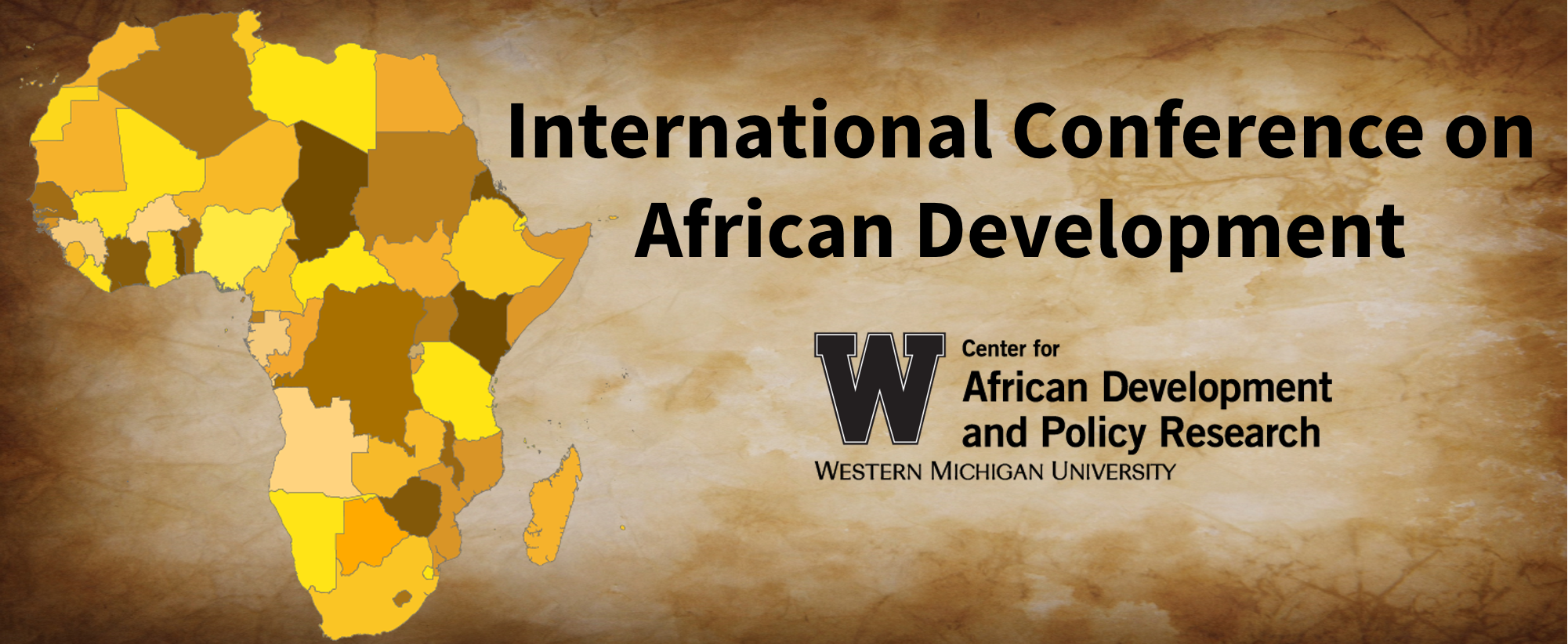5.3 Wellbeing and Childhood Development in Africa: An Exploration of the Everyday Lives of Childhood Policies and People in Rural Ghana
Abstract
Wellbeing and development of children are important to all governments. In Africa, policies directing the development of children are mostly influenced by the United Nations Conventions on the Rights of the Child (UNCRC). Ghana was the first country to ratify the UNCRC in 1990. This study explores the negotiations of childhood cultural brokers and translators as they introduce childhood policies and programs influenced by the UNCRC to parents. Data were collected through in-depth interviews, informal conversations and observations. Findings show that both grassroots childhood development workers and rural parents have a ‘front stage’ and a ‘backstage’ reality towards child-focused development projects. There seems to be an existential need for these programs to run, and yet the commitment to their objectives was blurred. The study concludes that the multiplicity of actor interests involved causes of critical spaces to be negotiated, which shape the outcome of external policies on childhood development.
5.3 Wellbeing and Childhood Development in Africa: An Exploration of the Everyday Lives of Childhood Policies and People in Rural Ghana
1920 Sangren Hall
Wellbeing and development of children are important to all governments. In Africa, policies directing the development of children are mostly influenced by the United Nations Conventions on the Rights of the Child (UNCRC). Ghana was the first country to ratify the UNCRC in 1990. This study explores the negotiations of childhood cultural brokers and translators as they introduce childhood policies and programs influenced by the UNCRC to parents. Data were collected through in-depth interviews, informal conversations and observations. Findings show that both grassroots childhood development workers and rural parents have a ‘front stage’ and a ‘backstage’ reality towards child-focused development projects. There seems to be an existential need for these programs to run, and yet the commitment to their objectives was blurred. The study concludes that the multiplicity of actor interests involved causes of critical spaces to be negotiated, which shape the outcome of external policies on childhood development.

